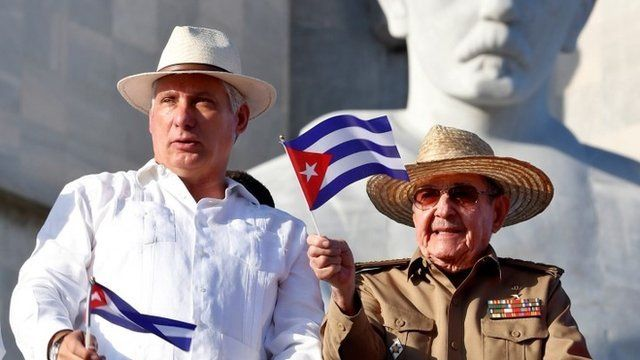Chile is home to the largest Palestinian population outside of the Middle East, making the community a political force.
They dart across the football pitch in a blur of red, white, black and green, the colours of their jerseys echoing the Palestinian flags waving in the stands.
But the players of Club Deportivo Palestino are almost as far from Palestine as it is possible to be
Located more than 13,000 kilometres (8,200 miles) away, the football club finds its home in La Cisterna, a suburb of Santiago, Chile — a sign of the unique role the South American country plays in the Palestinian diaspora.
Chile is home to the largest Palestinian population outside of the Middle East, with approximately 500,000 citizens of Palestinian descent. And as the latest war in Gaza unfolds, the rising death toll has hit close to home for many Chileans, for whom Palestinian culture is threaded into everyday life.
“We’re all subjects of this story,” Chilean rapper and musician Ana Tijoux told Al Jazeera, as she reflected on the ongoing war. “We all have to stand up.”
The conflict began on October 7, when the armed group Hamas launched a surprise attack on Israel, killing 1,400 people and capturing hundreds more.
Ever since, Israel has led a bombing campaign against Gaza, the narrow Palestinian territory home to an estimated 2.3 million people. Supplies have been cut off. Hospitals have shut down. And more than 10,000 Palestinians have died in the blasts, with nowhere to go for safety.
Tijoux, a Latin Grammy winner, has participated in one of the country’s largest pro-Palestinian rallies to date, a concert to raise funds for the remaining hospitals in Gaza and the West Bank.
The history of violence and displacement that Palestinians have faced resonates with Tijoux, who has Indigenous roots in Chile.
One of the best-selling Spanish-language rappers of all time, Tijoux has even collaborated with the Palestinian British artist Shadia Mansour, with whom she released an Arabic-Spanish protest anthem, 2014’s Somos Sur.

